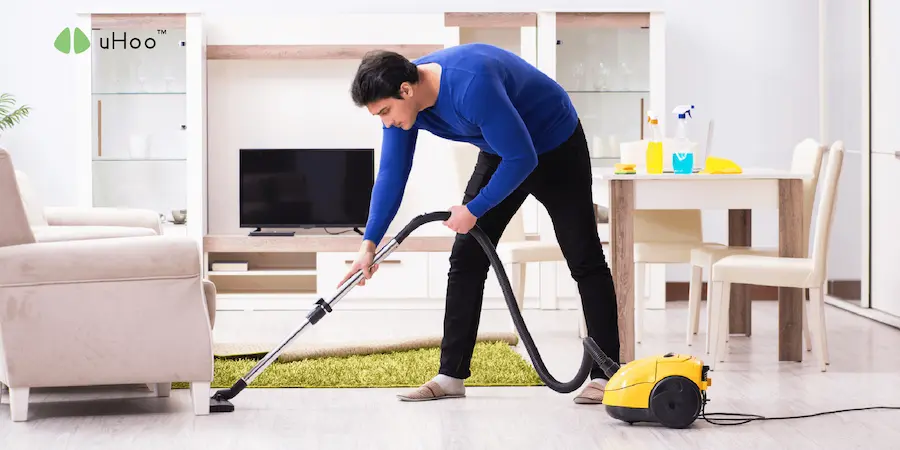People often think of vacuuming as a chore, a necessary evil to keep floors looking presentable. However, its impact extends far beyond mere aesthetics. Regular vacuuming is a crucial component of maintaining healthy indoor air quality (IAQ), directly affecting your respiratory health and overall well-being.
A good vacuum cleaner, especially one equipped with a HEPA filter, acts as a powerful suction system, trapping and removing these particles from your living space. HEPA filters are designed to capture 99.97% of particles as small as 0.3 microns, effectively eliminating allergens like dust mites, pet dander, pollen, and mold spores. This significantly reduces the airborne concentration of these irritants, creating a cleaner and healthier environment.
Beyond allergy relief, regular vacuuming also removes dust and debris that contribute to the buildup of mold and bacteria. By keeping surfaces clean, you can minimize the breeding ground for these harmful microorganisms, preventing them from becoming airborne and impacting your health. Furthermore, vacuuming removes larger debris like pet hair and lint, which can also contribute to poor IAQ.
The type of vacuum cleaner, its filtration system, and the frequency of cleaning all play crucial roles in maximizing its effectiveness. Using a vacuum with a HEPA filter is paramount, especially for individuals with allergies or asthma. Regular maintenance, including cleaning or replacing filters, is also essential to ensure optimal performance.
To further ensure your home’s air quality is optimal, consider using an uHoo air quality monitor, which can provide real-time data on particulate matter and other pollutants, allowing you to track the effectiveness of your vacuuming efforts. Regular vacuuming is not just about clean floors; it’s about creating a healthier and more breathable environment for everyone in your home.

